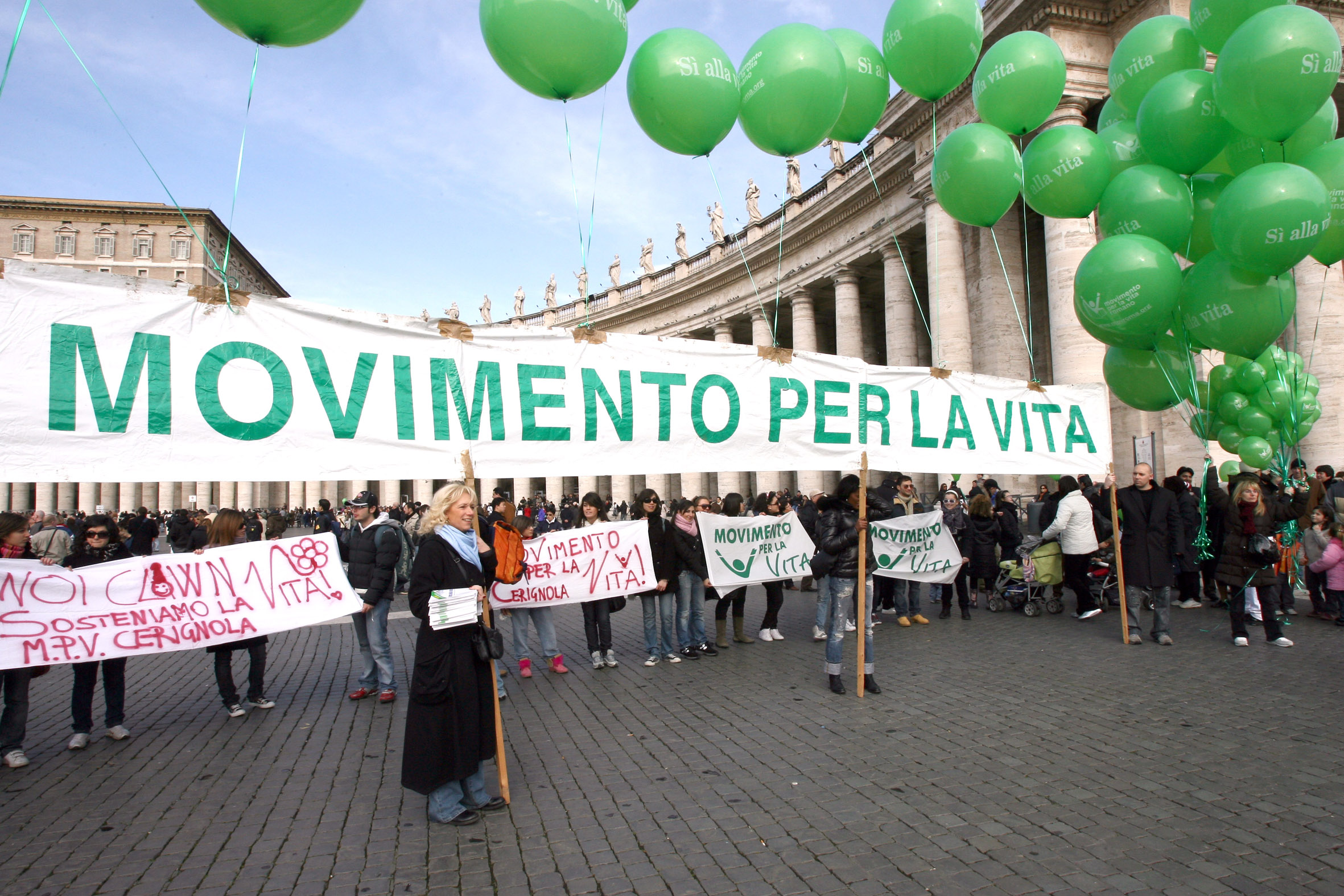UNITED KINGDOM
Various initiatives promoted by the Catholic episcopate. Concern over the assisted suicide Law up for vote in September

Over 300 thousand postcards dedicated to end-of-life were distributed to Catholic faithful in England and Wales during the past weekend, on the occasion of the Day for Life, celebrated Sunday, July 26. It’s the latest initiative promoted by the Catholic Church of England in the framework of a national awareness campaign on the theme of end of life, whose slogan, chosen by the bishops for the Day is “Cherishing life, accepting death”. Pope Francis sent a letter of support for the event to the apostolic nuncio, archbishop Antonio Mennini, imparting his blessing “to all those taking part in the event and to those working in many ways for the promotion of the dignity of every human person, from the moment of conception to natural death”. Accompanying terminal patients. A new bill on assisted suicide, scheduled for parliament vote next September 11, presented by MP Rob Marris (Assisted Dying No. 2 Bill) envisages the possibility of terminating life, with specific medical assistance, for adult terminal patients with a life expectancy of less than six months. The proposal aims to give legal permission to doctors to inject lethal drugs to terminally ill patients, thereby enabling them to commit suicide. The initiative is followed with great concern by the British episcopate that decided to launch a public awareness campaign to pressurize politicians. An entire page of the Bishops Conference is dedicated to the bill sponsored by Robert Morris MP. After illustrating in detail the legislative initiative and the regulations, the site recalls the teaching of the Catholic Church. “Every person’s life is equally worthy of respect and protection” and “even if someone loses sight of the dignity and value of their life (whether through pain, suffering or loneliness) they remain valuable in themselves and a member of the human family. They deserve care, not assistance with suicide. They remain valuable in themselves and a member of the human family”. The Bishops’ Conference has been a pioneer in the hospice movement and in the development of palliative care in the United Kingdom, but many people often find it hard to access either of them. Also English bishops, just like many of their confreres in Europe, have called for a greater development of palliative treatment as well as of the structures designed to the accompaniment of terminal patients towards end-of-life. Converging views between Catholics and Anglicans. The English Church calls upon Catholics not to stand idle and encourages them to contact their own MPs with their remarks on the bill. “I strongly urge Catholics to contact their own MP as soon as possible to express their concern about the dangerous impact which such a Bill would have on the most vulnerable people”, said Monsignor Peter Smith, archbishop of Southwark, head of the Department for Christian responsibility and citizenship of the English Bishops’ Conference. Catholic bishops are not alone in this battle. The Anglican Church of England has entrusted to the bishop of Carlisle, Rev James Newcome, with the task of expressing reservations on this subject in his capacities as head of the health assistance department. If the Bill on assisted suicide is passed, he said, “we will have crossed a line” in the way society conceives suicide. It would gradually “become acceptable” and “we are very worried fro the most vulnerable among us” including the elderly and those living with disabilities, who might “feel the pressure to put an end to their life”. “This is a key moment for all of us as we decide what sort of society we want to live in and what future we want for our children and grandchildren, one in which all are valued and cared for, or one in which some lives are viewed as not worth living”, pointed out the Anglican bishop. The situation in other European countries. The battle for life enjoys an increasingly sensitive front in Europe, engaged in the field of end of life and the accompaniment of the elderly to death. France has been discussing for months the case of a young man, Vincent Lambert, who after a car crash in September 2008 remained tetraplegic. In Belgium, the Country with “cutting edge” legislation on euthanasia, was recently shaken by a new dramatic case: that of a girl of 24 who chose to die because of depression ongoing since her childhood years. It will happen this summer, on a date yet to be announced, since the law provides for cases of “unbearable psychological suffering”. In Germany, the Bundestag, the German Federal Parliament, has tabled for debate four bills that in various ways are related to euthanasia, the end of life and eventual regulation of assisted suicide.